Publications
Articles, publications, books, tools and multimedia features from the U.S. Institute of Peace provide the latest news, analysis, research findings, practitioner guides and reports, all related to the conflict zones and issues that are at the center of the Institute’s work to prevent and reduce violent conflict.
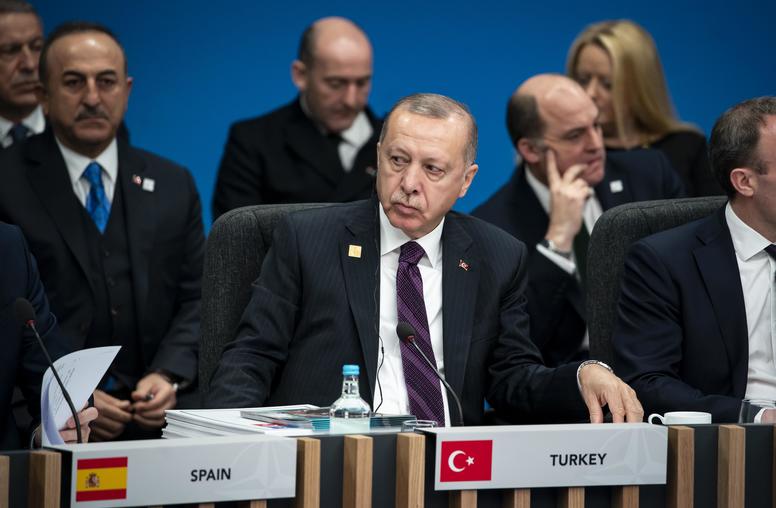
To Sustain Hopes for Peace in Ukraine, Keep an Eye on Turkey
Russia’s atrocities against Ukrainian civilians and its escalated warfare in southeastern Ukraine have swept aside last month’s public discussion of peace options as the countries briefly held talks in Turkey. Yet even in the darkest moments, all sides in this war, including the United States and Europe, have strong interests in maintaining channels for negotiation that can be used when opportunity re-emerges. Protecting that interest means understanding and maintaining Turkey’s role in facilitating talks—and its potential to serve more actively as a mediator.
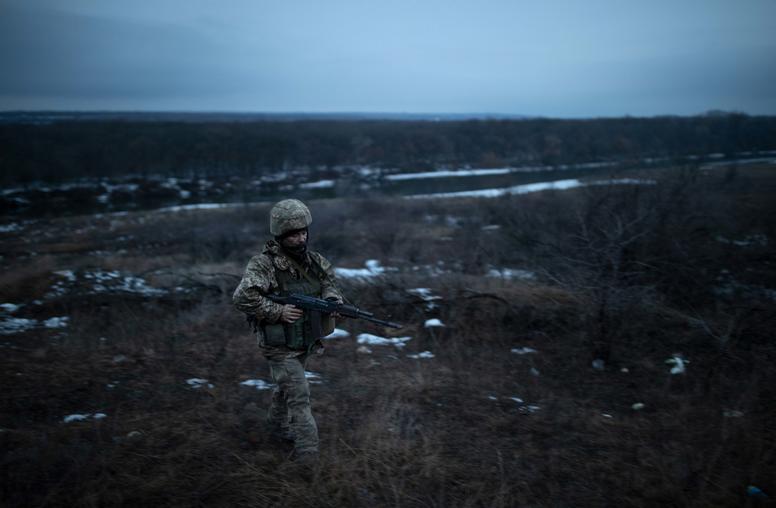
How Territorial Issues Could Impact Security Guarantees to Ukraine
In late March, the Ukrainian delegation to the Russia-Ukraine peace negotiations in Istanbul put forward a draft peace agreement. The keystone of this agreement was a mutual defense guarantee, similar to NATO’s Article 5, to protect Ukraine. Treaty-bound guarantors would come to Ukraine’s defense in the event of an attack on the country, in exchange for Ukraine’s neutrality. But it is possible that Ukraine’s borders will be altered as part of a final peace settlement. As such, states should understand the territorial issues at stake and how those issues could trigger any negotiated security guarantee mechanisms.
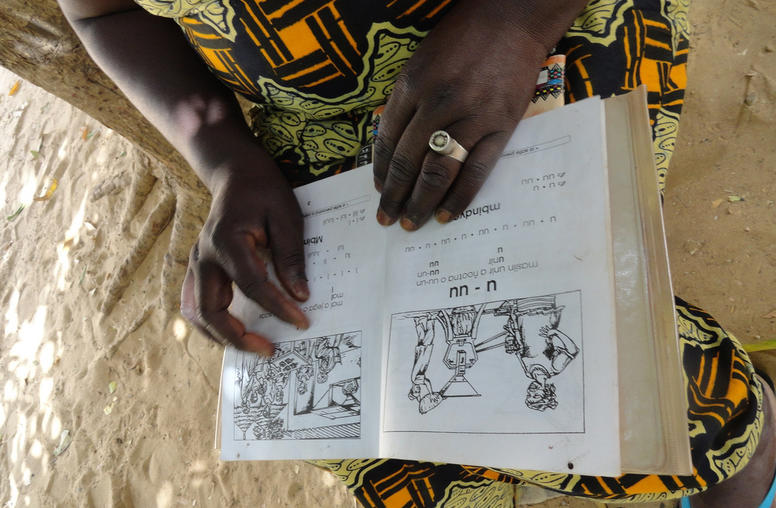
Talking to Religious Actors to Preserve Indigenous Languages
In the past, most cultural preservation efforts have focused on protecting the tangible manifestations of heritage such as buildings, worship sites and other physical items. But a 2019 U.N. resolution on the rights of Indigenous peoples emphasized the critical loss of Indigenous languages and its importance to their cultural heritage, thus mandating an international effort to “preserve, revitalize and promote Indigenous languages.”
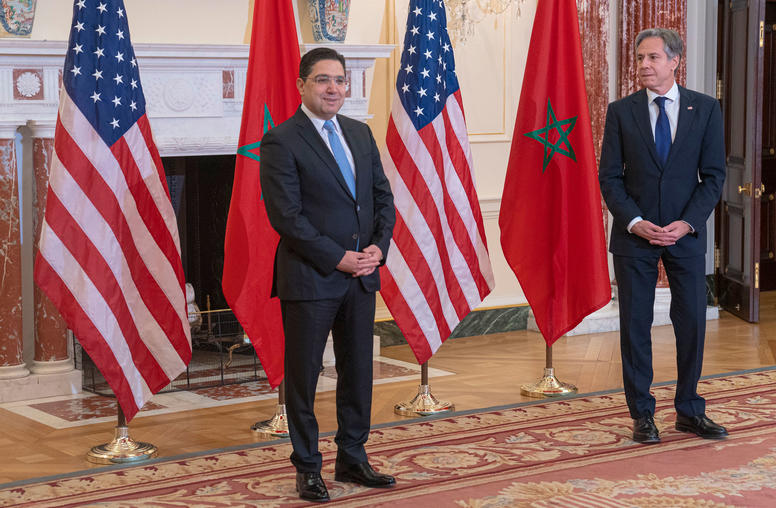
Ukraine War Puts New Focus on Conflict in Western Sahara
After years of stagnation in the conflict over the Western Sahara, the Russian war on Ukraine and other recent events could create openings to advance long-stalled Western Sahara peace efforts. Unprecedented parallel visits by America’s top two diplomats to Morocco and Algeria last month suggest that the U.S. is exploring this new opening. The United States should firmly grasp any new chance to end this often-forgotten conflict, which helps breed conditions for extremism and transnational crime, prevents much needed economic growth, and which risks worsened instability from the Mediterranean to Africa’s Sahel region.
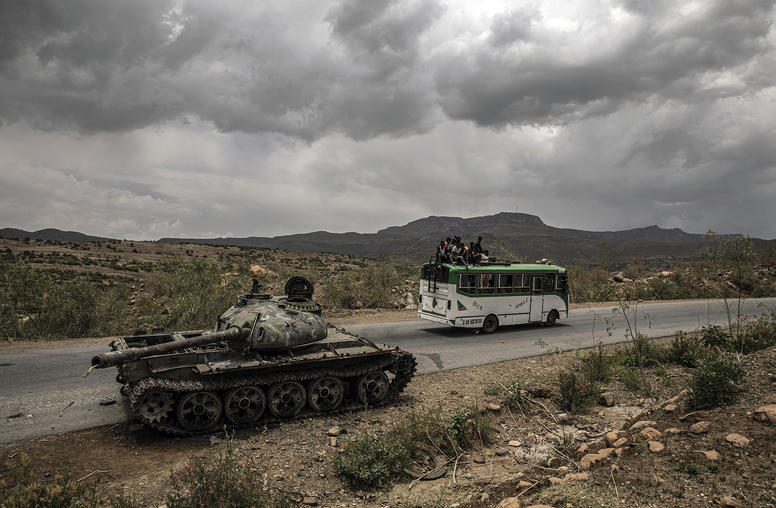
Ethiopia’s Truce Offers Hope, But the Next Steps Are Complex
After 16 months, one of Africa’s deadliest wars has yielded an opportunity to build peace, as Ethiopia’s government and the Tigray Defense Forces have declared a truce to allow for the humanitarian aid needed to prevent mass starvation across the country’s northeast. Ethiopians and their supporters must seize this moment to consolidate a durable cease-fire and end blockages to humanitarian assistance. This effort should open a path to a broad national dialogue to set a shared vision for Ethiopia’s future, growth potential and long-term stability. But the essential first steps are complex and will need to be taken carefully and swiftly.
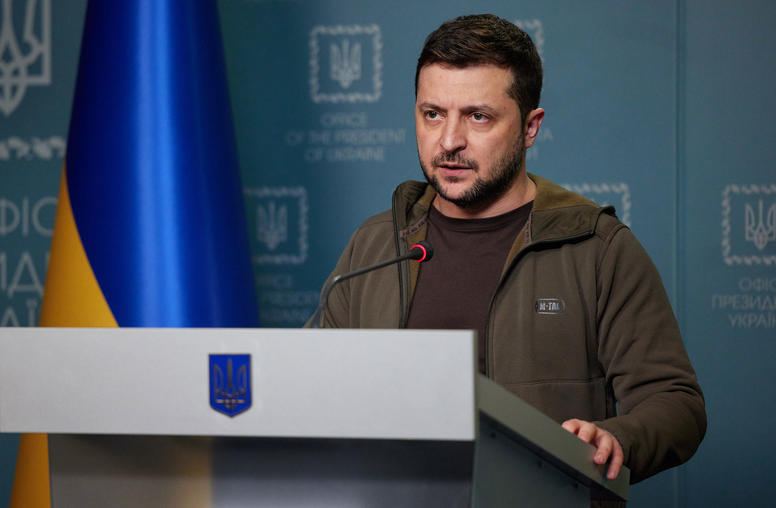
Ukraine considers neutrality. Will Putin respond?
Ukrainian President Volodymyr Zelenskyy has just expanded on his proposal to halt Russia’s brutal invasion of Ukraine by offering to seek his country’s long-term security through a neutral status guaranteed by Russia, the United States and European nations. This is a serious response to Russian President Vladimir Putin’s stated reason for war—denying Ukraine its right to someday join the NATO alliance. The question now confronts Putin: Will he thus end his bloodshed? Or will he continue a war more truly based on his fear of allowing Russians to witness a free democracy of their fellow ethnic Slavs on Russia’s border?
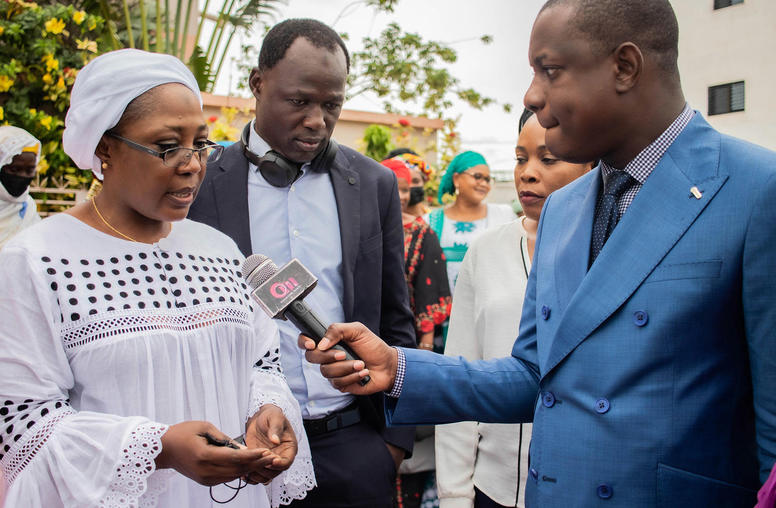
Protecting the Participation of Women Peacebuilders
Worsening violence against women is often a precursor to — and early outcome of — the rise in coups and authoritarianism that have made recent headlines. Not only does protecting women’s participation in public life and decision-making go hand-in-hand with democracy, but the former is actually a precondition for the latter. As we mark International Women’s Day in 2022, we would do well to remember that global efforts to prevent violent conflict and sustain peace are significantly undermined when women are deterred from access to participation and full leadership without fear of reprisals and violence.
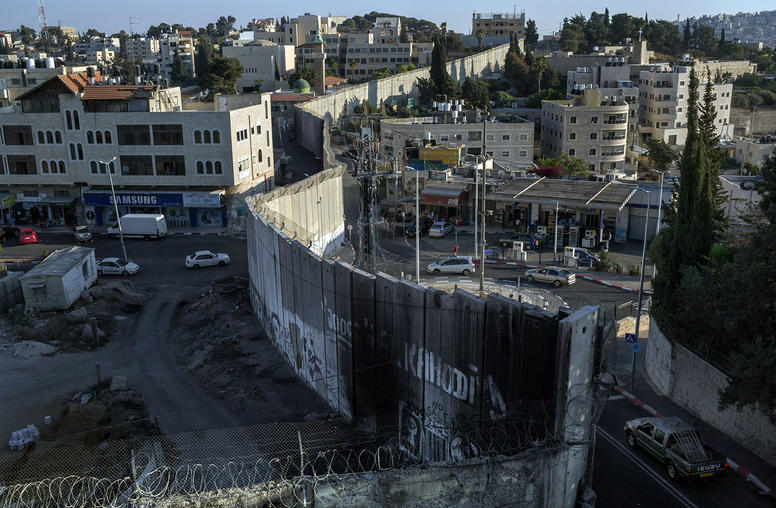
The Israeli-Palestinian Conflict: The Danger of ‘No Solution’ Messaging
Israeli Prime Minister Naftali Bennett has made it clear that he has no interest in reviving the Israeli-Palestinian peace process. In a recent interview, he affirmed his longstanding position that he “opposes a Palestinian state and will not allow talks on the line of a Palestinian state.” Echoing Bennett, Israel’s more moderate Alternate Prime Minister Yair Lapid — set to take over in August 2023 — says he, too, will not seek peace talks once he takes office, despite his stated support for a two-state solution.
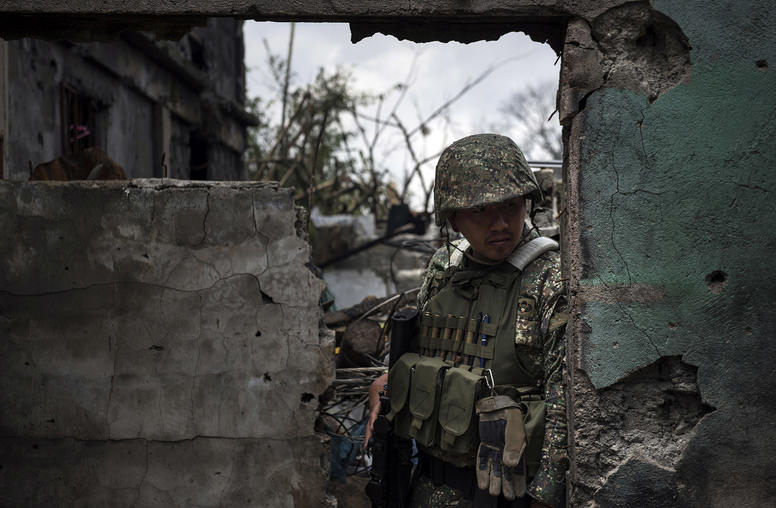
Examining the Military’s Soft Power Challenge in the Southern Philippines
This is a moment of both real and potential transition for the AFP, as the prospect of sustainable peace in the Bangsamoro Autonomous Region in Muslim Mindanao (BARMM) and at least wearying of non-state threats could enable a transition in force posture from a focus on internal security operations to broader regional defense.
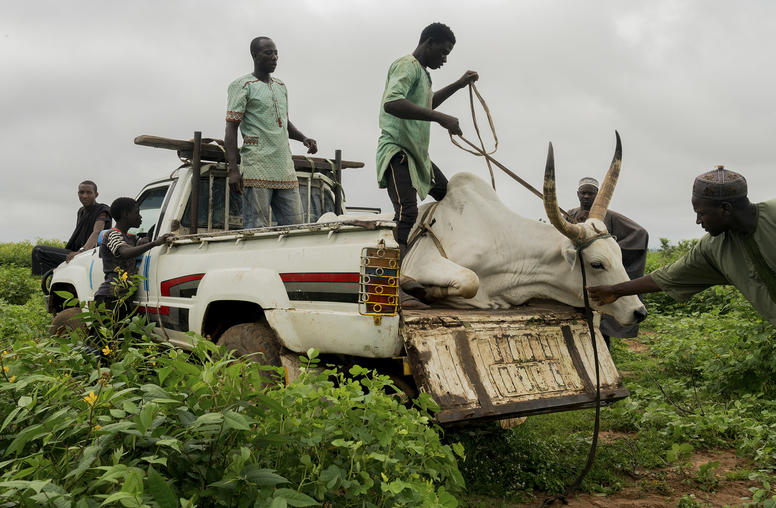
Amid Nigeria’s Violence, a Local Peace Process Advances
Next week opens a high-stakes season of risk for Africa’s demographic giant, Nigeria: the one-year countdown to a presidential election to be held amid the upheavals that have killed or displaced hundreds of thousands of people over the past decade. Nigeria’s escalated regional and local conflicts risk fueling a similar escalation in the country’s pattern of election-related violence. But hope for reducing this combined risk is visible in the work of still-young peacebuilding agencies established by several of Nigeria’s state governments. In one region, these agencies have achieved a peace accord to halt a communal conflict that burned down villages and uprooted thousands of people.